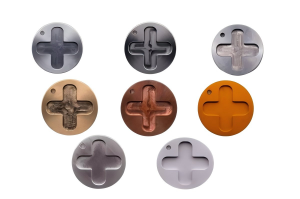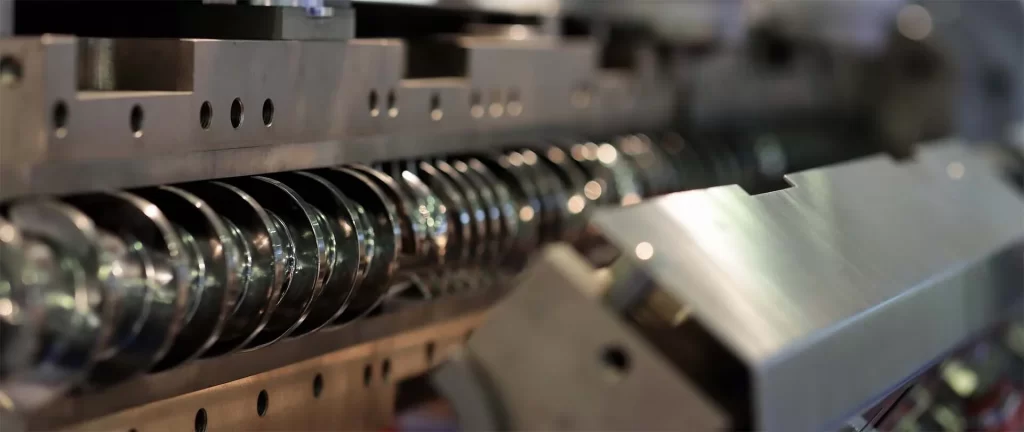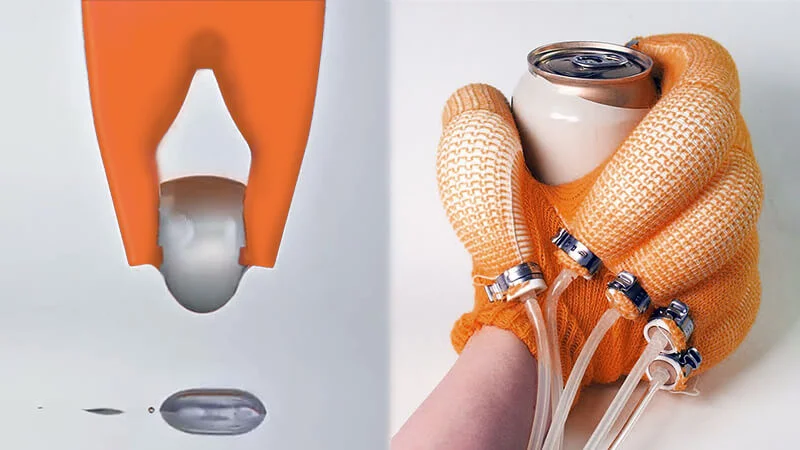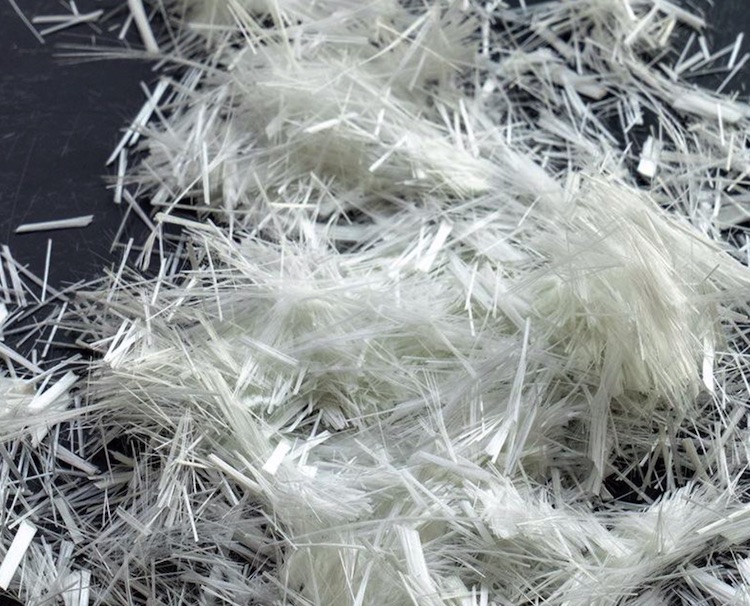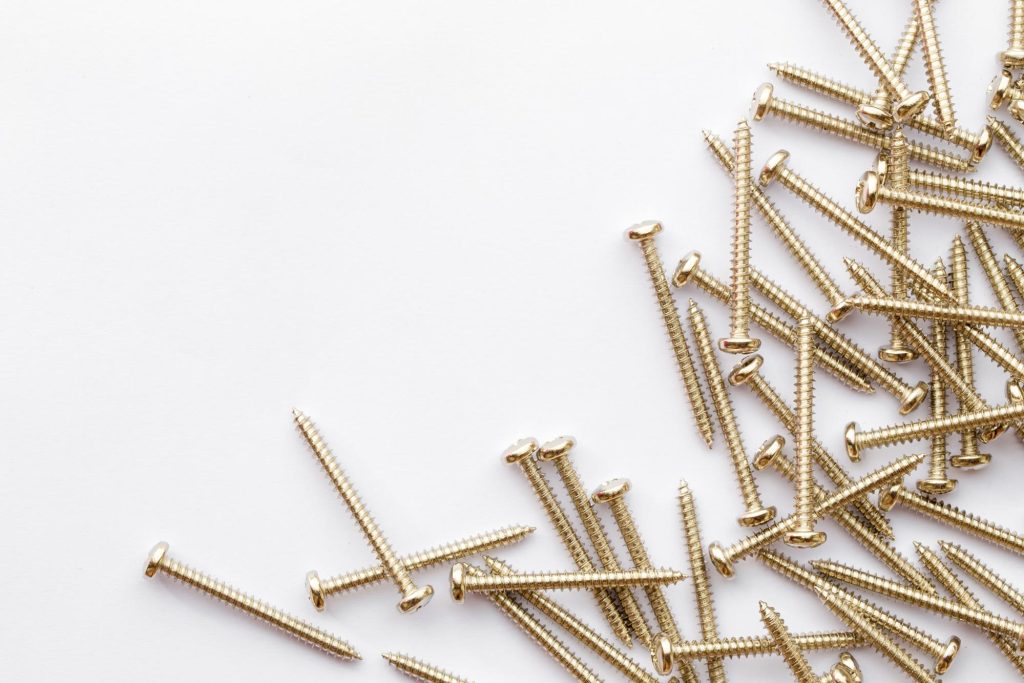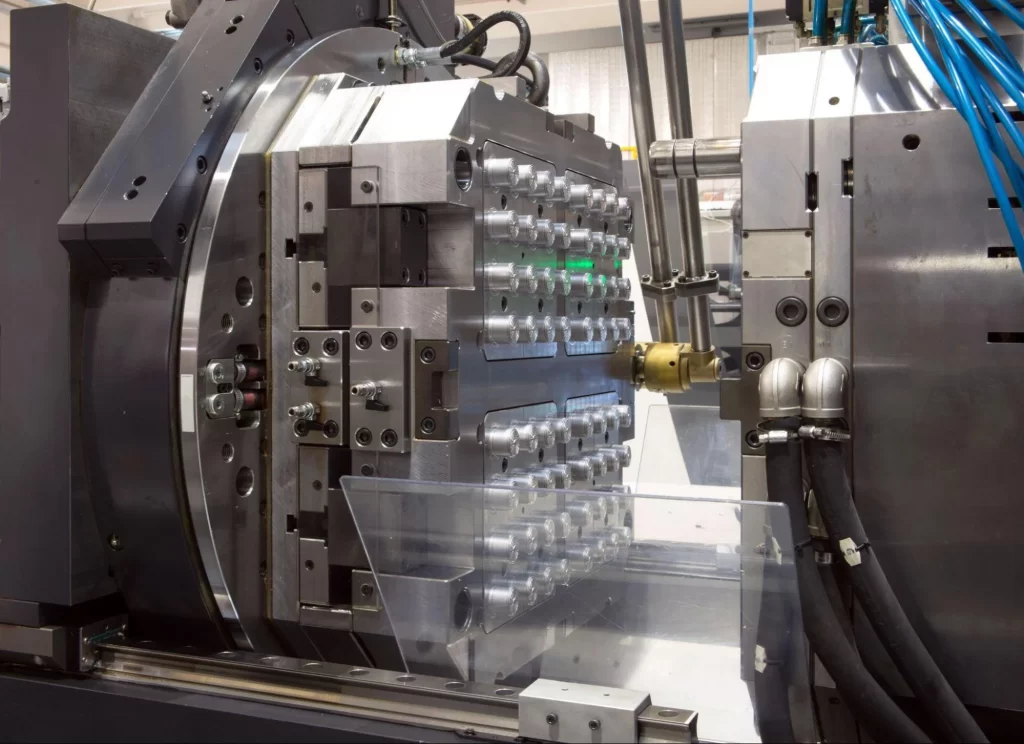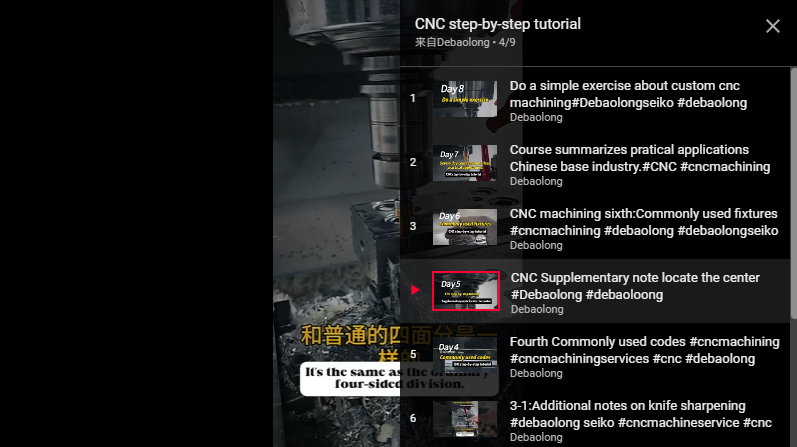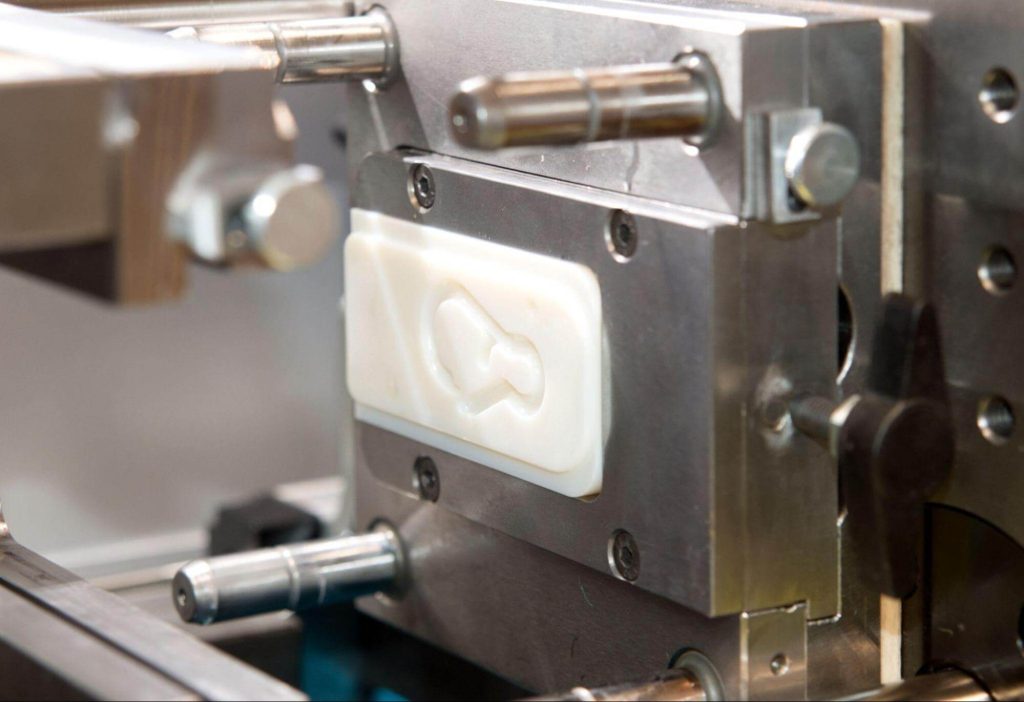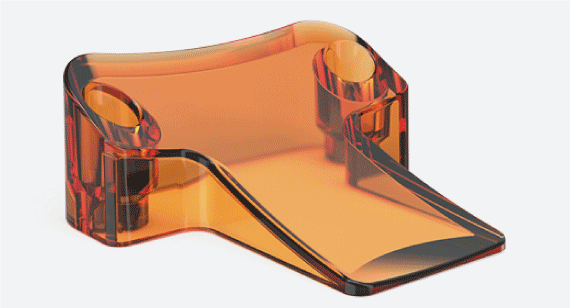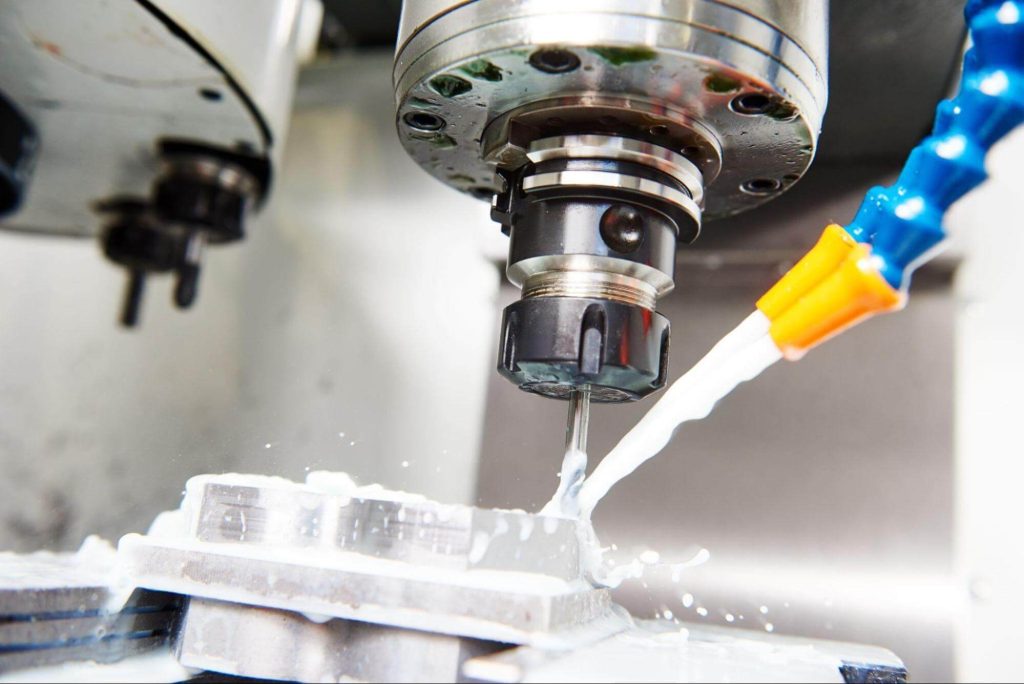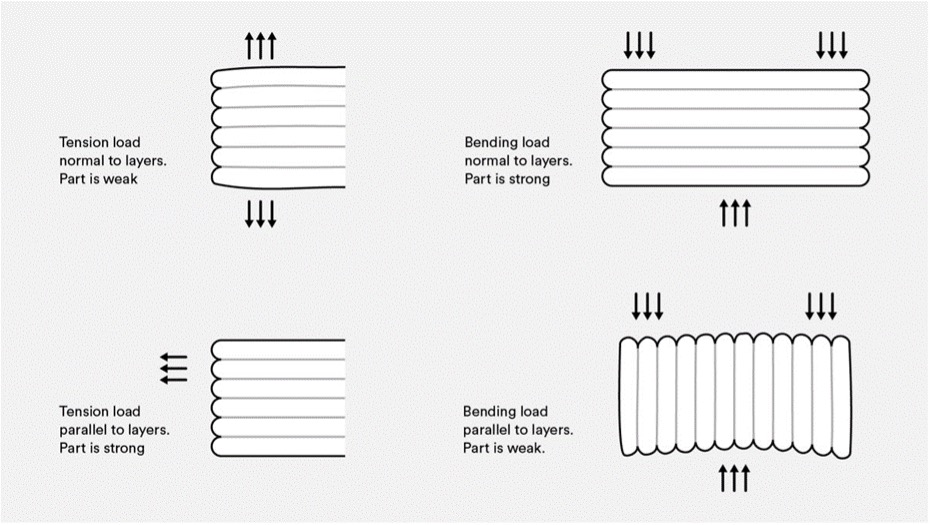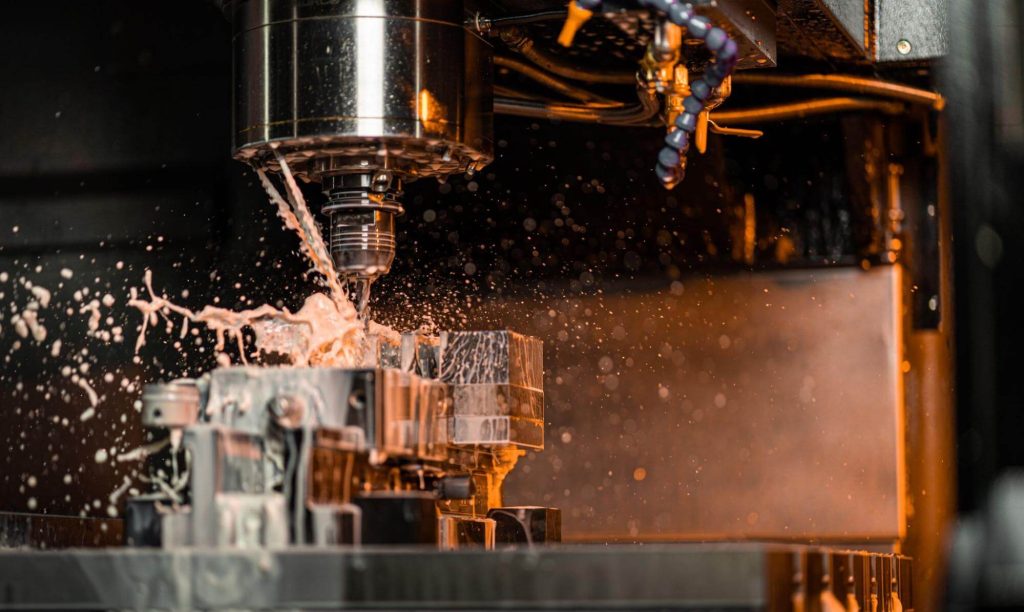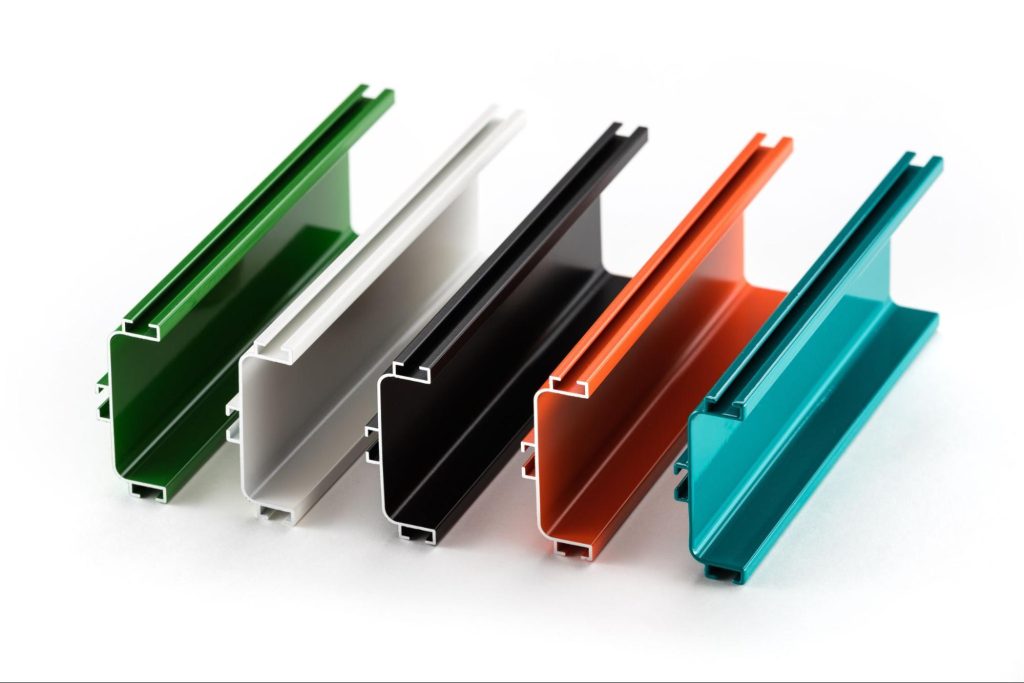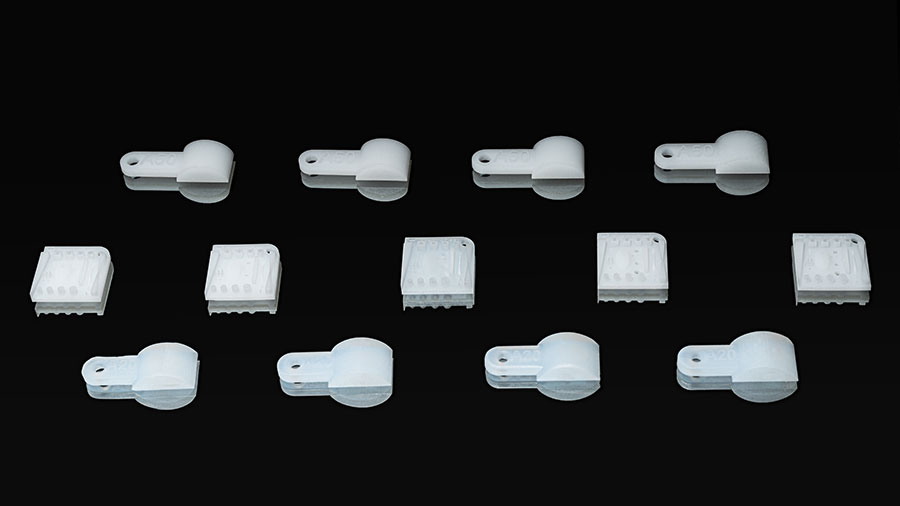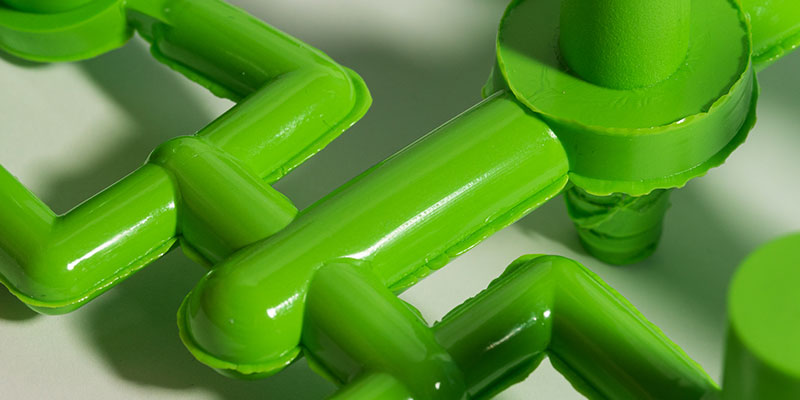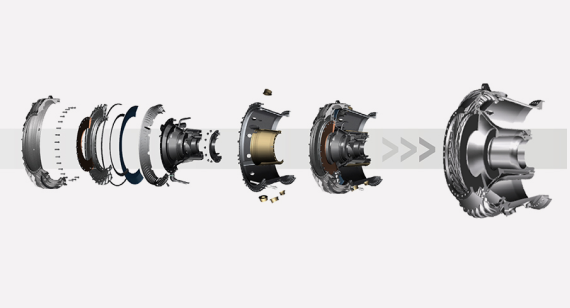Process traceability generally refers to the ability to track and trace the manufacturing cycle of a product. In injection molding, this means keeping track of all aspects of part production, production parameters, and quality control measures.
Benefits of Process Traceability in Injection Molding
There are several reasons why process traceability has become a vital component of the manufacturing process.
- Quality Assurance: By tracking production parameters and quality control data throughout the molding process, manufacturers can maintain consistent product quality, quickly detect and correct any deviations or defects, and minimize product non-conformities.
- Regulatory Compliance: As regulations across various industries become increasingly stringent, process traceability is crucial for manufacturers to demonstrate compliance with safety and quality standards, as well as the consistency and robustness of processes.
- Intellectual Property Protection: In an era where data and intellectual property (IP) issues are becoming more prominent, process traceability helps product developers and manufacturers protect IP from acts such as counterfeiting or theft, and identify the source in the event of unforeseen incidents.
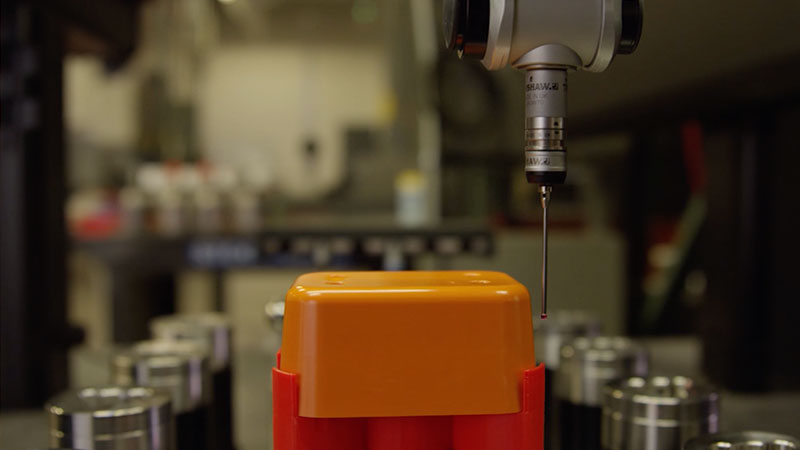
Advanced Molding Technologies and Process Traceability
We have developed a unique process that combines advanced molding technologies such as scientific molding (two-stage decoupled molding) and automated Coordinate Measuring Machine (CMM) inspection. In this process, we can track the entire journey from your upload to part shipment through a digital thread that connects everything together. Throughout the digital thread, there are multiple points where data in the process is recorded, time-stamped, and verified before moving to the next stage of the process. Some of these are:
- Automated Quoting and Design for Manufacturability (DFM) Analysis: Our customers upload their 3D CAD models to our unique online quoting platform, from which they receive a quote with a detailed DFM analysis. This initial data is stored in your user account and serves as the foundation of the digital thread.
- Material and Process Selection: Once your DFM feedback is approved and your design is manufacturable, you can select from a range of materials and specify the service level for manufacturing the parts. We offer different service levels for prototyping and end-use parts, and it is important to choose the best process based on your quantity and quality requirements.
- Scientific Molding: In our On-Demand Manufacturing (ODM) service, we offer scientific molding, which means your parts will undergo robust molding process development before we start production runs. The digital thread captures important data points in these stages, including mold temperature, injection pressure, and cycle time, ensuring accurate tracking and traceability. After the run is completed, you will receive a molding process development report containing the optimized parameters used to manufacture the parts. This information is also added to the digital thread, ensuring all relevant data is recorded and can be referenced in future runs.
- Quality Control and Automated CMM Inspection: We implement quality control measures throughout the production process, and the results are recorded in the digital thread. We perform automated CMM inspections for each ODM mold order. These include a First Article Inspection (FAI) on five key dimensions for three parts and a capability report on the same dimensions for 30 parts. This critical inspection for quality ensures dimensional verification and traceability, which helps maintain consistent product quality.
- Part Shipment and Documentation: Once the parts are ready for shipment, the digital thread generates all necessary documentation, including a Certificate of Conformance (CoC), along with the aforementioned molding process development and dimensional inspection reports. These provide customers with a detailed record of the part production process, as well as lessons learned throughout the process!
Better Molded Parts Through Documentation
Process traceability is transforming the injection molding industry by enhancing quality assurance, regulatory compliance, and intellectual property protection. The digital thread, connected with advanced molding technologies such as scientific molding and automated CMM inspection, embodies how end-to-end traceability can benefit injection molding processes, manufacturers, and their customers. As the industry continues to evolve, adopting these advanced technologies and traceability methods will become increasingly important for companies to remain competitive and meet customer demands.
For more information, please contact Debaolong Seiko. You are also welcome to upload your design to Debaolong Seiko to get a quote.



